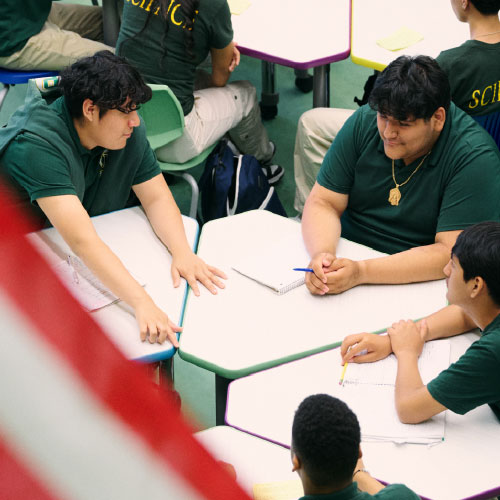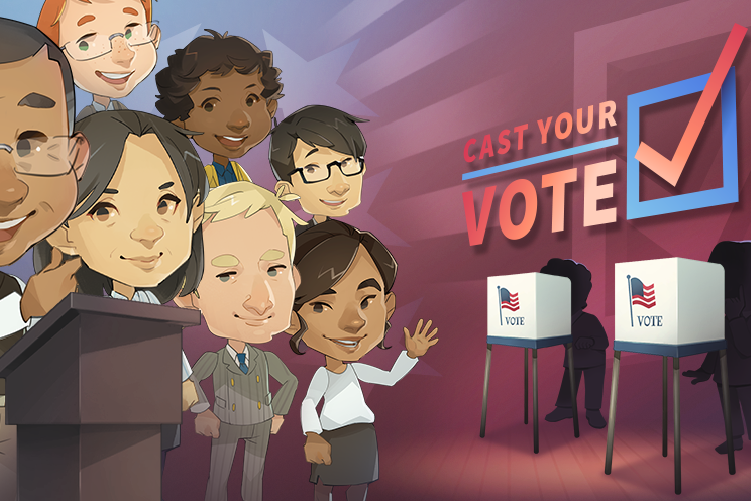Jennifer joined iCivics as Chief Financial Officer in June 2025, bringing more than 20 years of nonprofit financial leadership to the organization. In this role, she is responsible for providing strategic oversight of iCivics’ finance and operations functions. Jennifer collaborates closely with the CEO, Executive Leadership Team, Board of Directors, and senior staff to drive the organization’s financial growth and operational excellence.
Prior to joining iCivics, Jennifer served as Chief Financial Officer at JVS Boston, a prominent workforce development organization. During her nine-year tenure, she played a pivotal role in driving the organization’s financial growth and diversifying its funding model, which contributed to a doubling of its annual budget to $30 million.
Jennifer’s experience spans several national nonprofit organizations. As Managing Director of Finance and Operations at the National Center on Time and Learning, she led financial and operational functions across four related education reform organizations. Additionally, Jennifer served as Senior Director of Finance and Regional Operations at KIPP Massachusetts, where she supported the growth of the network from one to five schools. Earlier in her career, Jennifer held the position of Director of Accounting Operations at City Year, Inc., where she designed scalable systems to support the expansion of multiple sites nationwide.
Jennifer holds a B.A. in Business Administration – Management from the University of Massachusetts Amherst and a Master of Public Administration, with a concentration in Nonprofit Administration, from San Francisco State University. She is also an alumna of the 2010 Lead Boston cohort.
Outside of her professional work, Jennifer is deeply committed to community service. She resides north of Boston with her husband and son and actively volunteers with several organizations.
Jennifer Jewell















